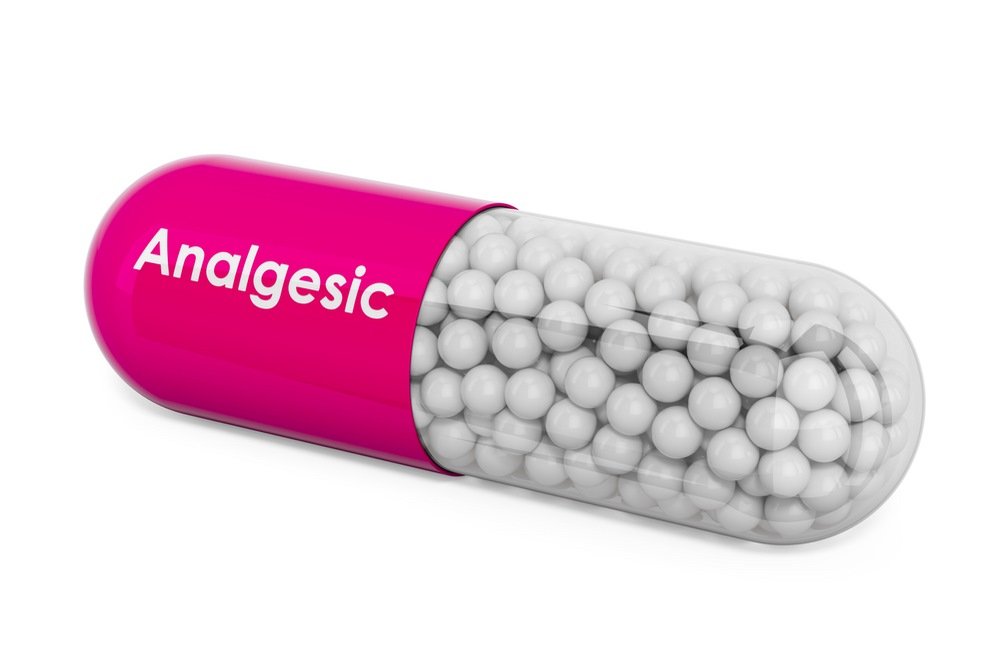Medications For foot pain

After treating the acute complaint of the pain, the doctor might prescribe the patient with certain medications which may be helpful to control underlying factors responsible for giving rise to pain. Each pain-relieving medicine works differently and for different types of foot pain.
Analgesics are non-narcotic painkillers. Pain caused by a cramp can be treated with analgesics. These analgesics are used to treat acute pain. These analgesics can either be taken orally or applied in the form of creams. These medications are mostly used to alleviate pain, but not suitable for reducing inflammation. They are used to treat sprains and inflammation in the feet.
- Topical analgesics:
Analgesics that are applied in the form of cream or gel are called topical analgesic. These painkillers penetrate into the inner layers of the skin, and alleviate pain. Some of them work by blocking the pain signals from going to the brain, others work by altering the pain interpretations in the brain.
- Oral analgesics:
These are taken orally to treat systemic inflammation.
- NSAIDs:
Non-steroidal anti-inflammatory drugs or NSAID, is the class of medication that might be readily available. Prostaglandins cause inflammation and intensify the pain felt during the injury. This prostaglandin is synthesized by cyclooxygenase. NSAIDs block the production of cyclo-oxygenase enzymes, which as a result, inhibit the functioning of prostaglandins. Drugs that belong to the class of NSAIDs are:
- Ibuprofen
- Naproxen
- Aspirin
While consuming NSAID one must be very careful as it has certain side-effects:
- Injections
- Headaches
- Drowsiness
- Cortisone shot:
Cortisone injections are a non-surgical procedure for treating foot pain. Corticosteroids are artificially synthesized hormones that reduce inflammation. They are used to reduce inflammation and pain at the site of injury. Cortisone shots are used to treat chronic pain. These injections should only be used after the prescription of the doctors. Oftentimes, inflammation works against the body’s natural defense system. Cortisone shots reduce the inflammation by suppressing the activity of the immune system. Some common side effects of cortisone shots are:
- Vein puncture
- Cartilage damage
- Hyaluronic injection:
Hyaluronic acid is a lubricant that is found naturally in the body. Hyaluronic injections are used to treat bunions, arthritis, sprained ankles and plantar fasciitis. It is a non-surgical procedure in which hyaluronic acid is injected into the joints. Hyaluronic acid improves the lubrication in the joints as well as it promotes the growth of muscles and tendons. It works by reacting with the water present inside the muscles and joints in the feet, and produces a viscous liquid which increases mobility and promotes growth.
- Nerve blocks:
Nerve block injections can be used to treat either minor or chronic foot pains. These nerve blocks prevent the injured side from sending pain signals to the brain and thus, reduces pain perception. They are often used to numb the foot before a surgery.
- Nerve pain medicines:
Painkillers like NSAIDs and analgesics are unable to treat pain that is caused by nerve damage. These types of foot pain can only be treated with the help of antidepressant medicines which slows down the nerve transmission.
